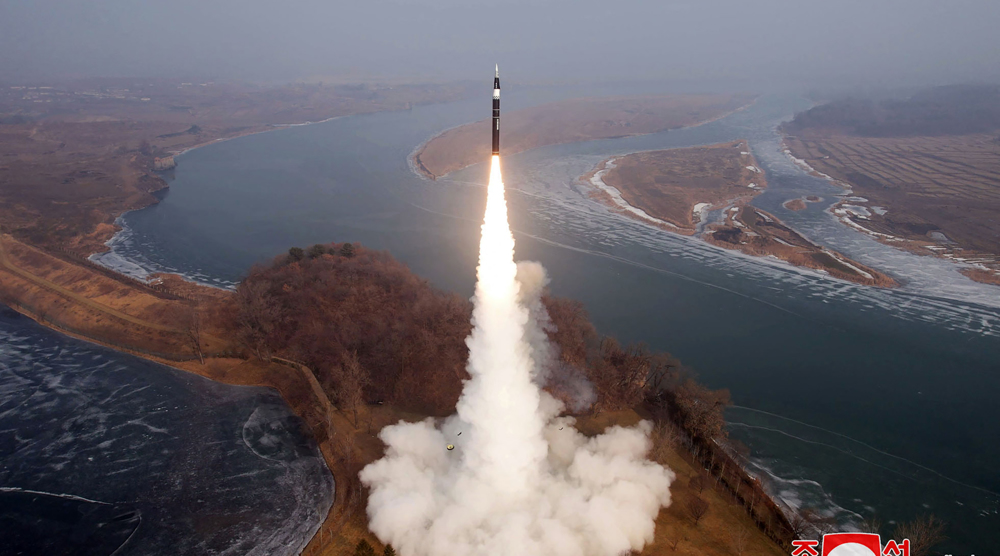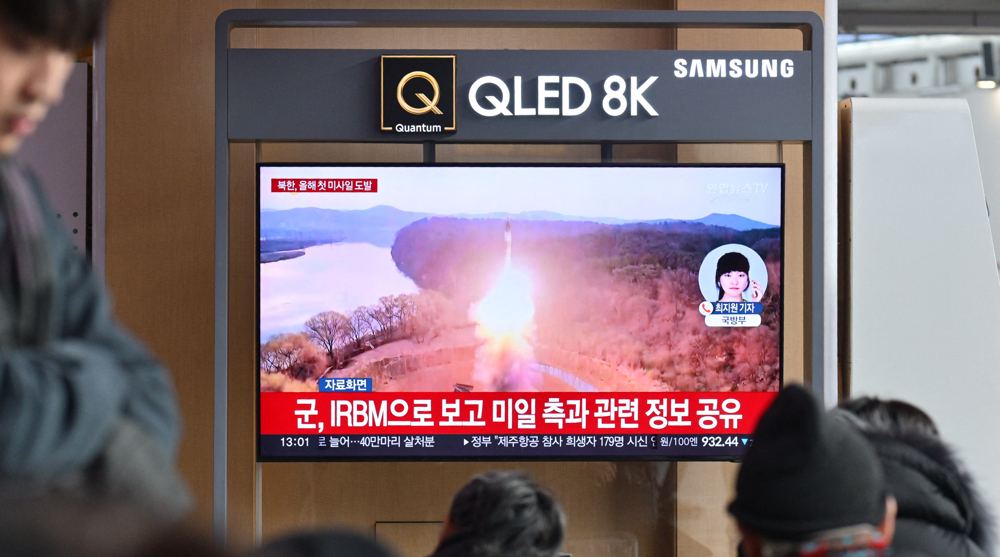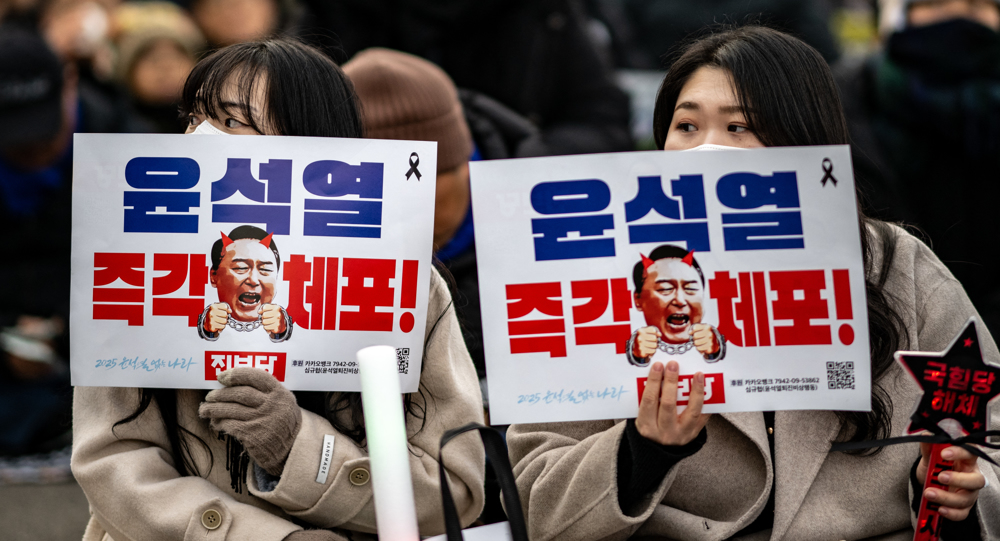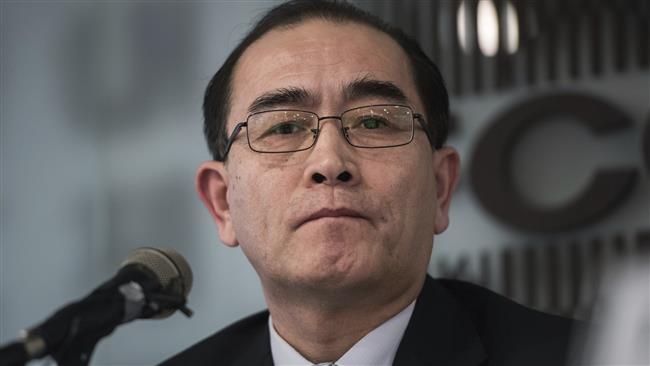South Korea quadruples reward for defectors from North
South Korea has quadrupled its reward for North Korean defectors who have secret information about their reclusive home country.
Seoul used to pay informants from the North $217,000, but according to the Yonhap news agency on Sunday, it has increased the amount to up to $860,000.
The amount will be given to “people who provide intelligence and knowledge that can enhance South Korea’s security” said the report.
It added that the actual sum paid will be determined based on the importance of the intelligence. It noted that a different amount will be given to soldiers from the North who defect with their weapons.
The report said the increased cash amount is aimed at encouraging members of Pyongyang’s elite to defect.
“One of the biggest reasons why North Koreans are hesitant about defecting is because they are fearful of [how they would make a living] after they come to South Korea,” the report cited a South Korean official as saying.
Over the years, high-profile defectors have been a valuable source of information about the government in Pyongyang.
Last Year, North Korea’s former deputy ambassador to the UK, Thae Yong-ho, defected with the vow to increase awareness about the “gruesome realities” of his former nation.
Read More:
- North Korea accuses South of abducting 13 of its citizens
- High-ranking North Korean spy defects to South
- North Korea vice FM exiled to farming area after UK ambassador defects
A large majority of North Korean defectors are said to prefer to cross into China through its porous border and then set off toward South Korea. It is rare for North Koreans seeking to defect to venture directly into the South through the heavily controlled border.
According to official figures provided by South Korea, nearly 30,000 people from North Korea have so far managed to defect to the South since the conclusion of the 1950-1953 Korean War.
South Korea calls for swift THAAD deployment
Meanwhile, South Korea's acting President Hwang Kyo-ahn said that the US’s anti-missile system should be completed sooner after the North engaged in a missile test.
"We should quickly finish the deployment of THAAD (Terminal High Altitude Area Defense) deployment and acquire a defense system against North Korea's nuclear missiles," said Hwang while addressing the country’s national security council.
Last month, Seoul announced that the THAAD missile system will be installed in South Korea in June.
Read More:
- Russia, China to intensify opposition to US missile System in South Korea
- US, South Korea agree to deploy THAAD this year: Seoul
- The idea of using THAAD as deterrent against North Korea, fraud: Commentator
Earlier, Japan announced that three of the four missiles Pyongyang launched landed in Japanese-controlled waters
"North Korea today fired four ballistic missiles almost simultaneously and they flew some 1,000 kilometers (620 miles)," said Japanese Prime Minister Shinzo Abe Abe.
"Three of them landed in our country's Exclusive Economic Zone…This clearly shows North Korea has entered a new stage of threat," he added.
The US military also confirmed the launch, but noted the it was not a threat to Washington.
US Strategic Command spokesman Lieutenant Colonel Martin O'Donnell also called on US forces to "remain vigilant in the face of North Korean provocations and are fully committed to working closely with our Republic of Korea and Japanese allies to maintain security."
South Korea and the US claim that the purpose of the deployment is to counter perceived missile threats from North Korea.
North Korea and China, meanwhile, believe the THAAD deployment is meant to expand US hegemony. They also believe that the deployment of the US missile system on the Korean Peninsula would destabilize the region’s security by upsetting the military status quo.

N Korea successfully tests new hypersonic ballistic missile to ‘deter rivals’

North Korea launches ballistic missile as US secretary of state visits South

South Koreans protest in snow as Yoon’s arrest deadline nears
Most of Israeli captives in north Gaza 'missing' after heavy bombardment: Hamas
In pursuit of justice: Israeli soldier accused of war crimes submitted to Swedish court
Iran to soon unveil advanced drone, missile cities: IRGC chief
California's fires reminiscent of Israeli savagery in Gaza: Zarif
VIDEO | Press TV's news headlines
Israeli ministers discuss plot to divide Syria: Report
Pezeshkian felicitates Aoun on election as Lebanon’s president
VIDEO | Brutal murder of journalist in India prompts calls for justice









 This makes it easy to access the Press TV website
This makes it easy to access the Press TV website